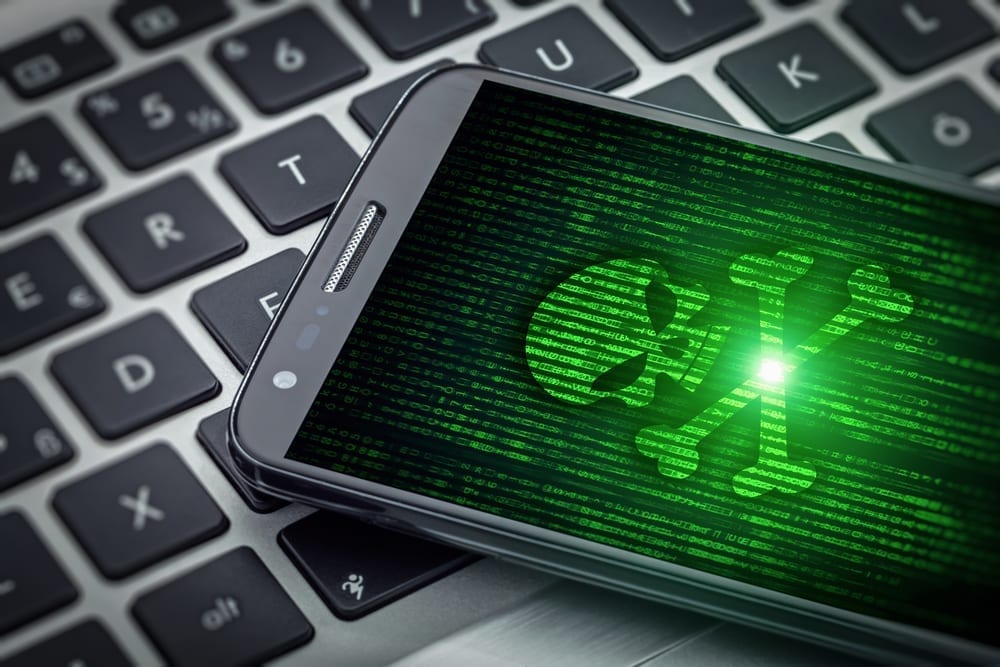How To Prevent Your Phone From Getting Hacked
There are many ways a hacker can get into your phone and steal personal and critical information. Here are a few tips to ensure that you are not a victim of phone hacking

According to McAfee, the threat of having your phone hacked has become a common and rational fear. The cold hard truth is that it is now possible to hack any phone. With the advancement of technology, where the discovery of knowledge and information advances the understanding of technology, hackers can hack even some of the most sophisticated phone software. There are many ways a hacker can get into your phone and steal personal and critical information. Here are a few tips to ensure that you are not a victim of phone hacking:
- Keep up to date. Updating can be a tiresome and intrusive process. It even sometimes brings annoying changes to the interface you’re not familiar with. However, installing software updates as soon as they become available is very important. This action is vital because many successful hacks typically exploit vulnerabilities that have already been patched via updates.
Additionally, avoid using unofficial tools to “root” your phone (known as “jailbreaking” on iOS). On a rooted/jailbroken phone, technical safeguards can be defeated, allowing apps to perform actions that are usually prohibited, such as accessing your personal data. - Never leave your phone unattended. Keeping your phone with you always while in a public place is the first, best rule to follow. The easiest way for a hacker to steal your phone's information is to gain access to it — therefore, it is always essential to keep your phone in your possession. If you have been away from your phone around a group of strangers and are concerned about possible hacking, check your settings, and look for strange apps.
- Turn off WIFI and Bluetooth when not in use. It is easy for hackers to connect to your phone using WIFI or Bluetooth, so turn them off when not needed because there is no warning when a hacker attacks you. If you fear being hacked in a public space, turning off your phone can block hackers' ability to hack you. This is an effective preventative method. Users avoid using unprotected Bluetooth and WiFi networks.
- Encrypt Your Device. Encrypting your cell phone can save you from being hacked and can protect your calls, messages, and critical information. To check if a device is encrypted: iPhone users can go into Touch ID & Passcode, scroll to the bottom, and enable Data protection. Android users have automatic encryption depending on the type of phone.
- Pay attention to App Permissions. Read app permissions and avoid downloading apps that request more access than they should need to operate. Even if an app's permissions seem to line up with its function, check reviews online. For Android, download an antivirus app such as McAfee or Bitdefender that will scan apps before download and flag suspicious activity on apps you do have.
- Avoid public charging stations. Do not plug into unknown devices; bring a wall charger. You might want to invest in a charge-only USB cable like PortaPow. If a public computer is your only option to revive a dead battery, select the "Charge only" option (Android phones) if you get a pop-up when you plug in, or deny access from the other computer (iPhone).
